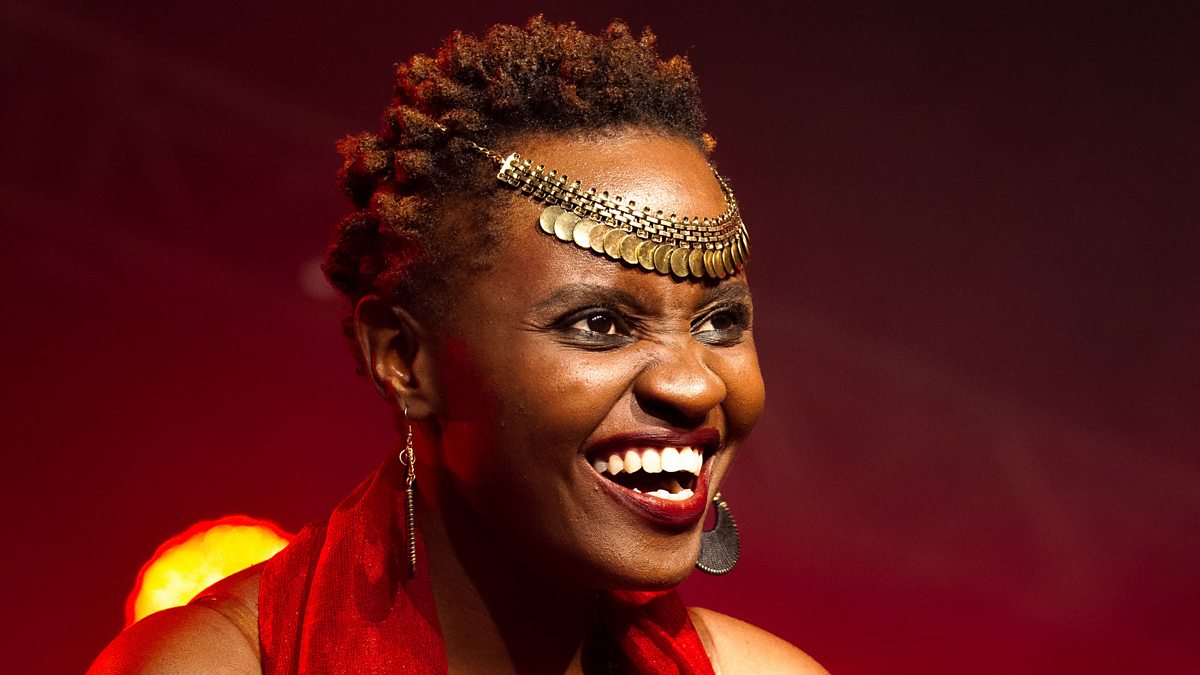It’s not very often you find a Zanzibari woman singing lead in a band. More often than not, women tend to sit and wait for their turn, deliver, and retreat back to being behind male performers. It’s the way it has always been in Zanzibar, Tanzania.
But musician Siti Amina Omar wanted something different. She loved to sing and wanted to lead her own band. But there were some cultural challenges she needed to overcome squarely.
When she first met her husband, it was agreed that she could keep performing. After the couple got married and had a child, things didn’t go as planned.
Her wish to pursue her love for music and to start a band became a source of contention in her home.
“When I finished my studies, I met a man and in my culture if you meet a man you have to marry him but I explained to him that I love music and that I want to continue it. He said ok let’s get married and then after you can do that. Then he said after a child you can do that and then a year and half later, I said I wanted to start. That’s when we started arguing.”
That however didn’t stop her from entering a top singing competition in the country and later joining an academy. There she started ‘Siti and The Band’ which she now leads with her cousin.
“We said no. With time we have to cross that boundary. We have to stand, we have to sing and at the same time we have to play an instrument and not go back to being behind. That’s what we do in Siti and the band.”
In the world it is generally the time, women are standing up for themselves and for the general female public; stepping forward in not only the entertainment industry but also in the music industry.
“Yes, it has reached a time where I fight and I support my soucin also to stand up and now we are an inspiration from Zanzibar,” says Siti. “Right now a lot of ladies will be heroes for standing up and especially expressing themselves, like I am doing now.”
“I am trying my best to reveal the Zanzibar revolution movement through my music.”
One of her songs is about the violence against women in Zanzibar. She calls such acts out in her music.
“I love Zanzibar. I love my culture but also if there are challenges I will also say it. Many women will face challenges but it’s hard to say it.
My first album, I wrote all the songs about violence against women and the band said, Amina why are all the songs about it; they asked me to change it. I told them I can’t change it because it comes naturally. I can’t, right now, write about love when I have a wound inside me. So let me write about the wound of challenges we face.”
“The day I separated from my husband, we had a very very very huge fight and I lost my sight partially in my left eye from the beating he gave me. But I told myself I have to move on. Music is the one place I have respected all my life. It is the place where I truly learn about my culture and my roots. I want to express myself and so this is the place I do it.”














